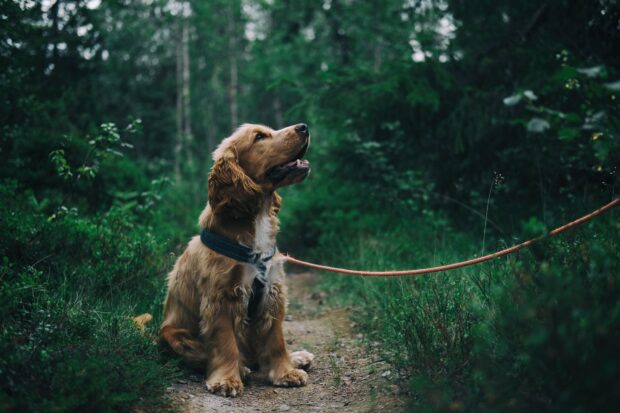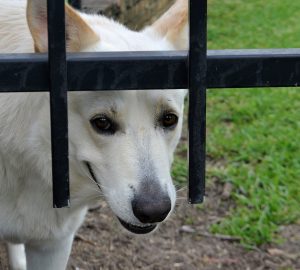Yes, most of the time, we hear that many types of diseases spread from pets to humans, but at the same time, you need to know several illnesses that people can transmit to their pets. Here are the five effective ways to significantly reduce the risk of disease transmission to your pet at home so your canine friend stays disease-free and healthy.

1. Wash Your Hands
Always wash your hands thoroughly before touching your pet, just like how you do with your kids after returning from the office. Doing so, you’ve half the battle won to keep your pet infection-free. But how? When handling pet foods, your dirty hands can inject bacteria and viruses in the foods, and your pet may get sick. Not just before interacting with your pet, after too, as this is imperative for your well-being.
You can wash your hands with warm water and soap or a sanitizer that is alcohol-based for best results. The cleaning of hands should be through, don’t miss the areas such as between the fingers, thumbs, and fingertips.
2. Get Coughing Pet Checked
Unlike humans, coughing is not normal or a change of season omen, in pets, as it could be a sign for various health problems. These include canine influenza, heartworm disease, heart failure, a canine infectious respiratory disease that is caused by viruses that can be prevented by proper pet vaccination, and Bordetella and parainfluenza viruses to date have no vaccination.
If you see your pet coughing, you must book an appointment with your veterinary doctor right away and get him/her examined for any potential disease.
3. Protect Your Dog Against Disease
Vaccinate your pet appropriately based on the lifestyle and environment. It would help if you went through the AHA’s guidelines for pet owners once. There, you’ll get all the information you need with respect to the different vaccines that your pet needs time-to-time to keep various diseases at bay.
Secondly, use all the veterinarian recommended flea and tick, and internal parasite preventive medicines.
Also, talk to your veterinarian, how you can protect your dog from contracting an infection from other animals. But, be careful to buy anything off the shelf; go use the medicines which are prescribed by your pet doctor. Otherwise, it will do more harm and any good for your pet.
Avoid Putting Your Dog in a Risky Situation Where They Can Be Bitten by Other Animals:-
- Learn the common signs of fear in dogs.
- Don’t allow your dog to roam around freely without any supervision in the garden, especially during the evening when the area is crowded.
- Consult a specialist to advise you on how to get rid of creatures like rodents from your home. You can call a pest controller to fix the pest problem in your house. Moreover, it is important for you and your family’s health also.
- Please keep your pet away from wild animals such as raccoons, skunks, or foxes, as they are the breeding ground for bacterias and viruses.
Don’t let your furry mate have rotten food and contaminated water or soil that could contain parasites, viruses, or bacteria from other animals. For this, make sure the garbage cans are adequately covered, don’t let your dog drink from the community bowl, and never feed a raw meat diet to your pet.
4. Use of Antibiotics
Antibiotics effectively prevent a wide array of bacterial infections in dogs. However, this is a risk of developing antibiotic resistance, but not with Clavamox tablets for pets as they are specially formulated to avoid this. These antibiotics are effective in soft-tissue and bone infection in both dogs and cats.
If you have any queries or doubts, you can always speak to your vet, they’ll best guide you as they better understand your pet and what suits their body.
Let’s Wind Up
In this article, we learned what responsibility a pet owner has when it comes to protecting your pet against infectious diseases.
In the end, being an experienced pet owner, do you have something to add to this list? Do share with us via the below comment section; we’d love to hear from you.



